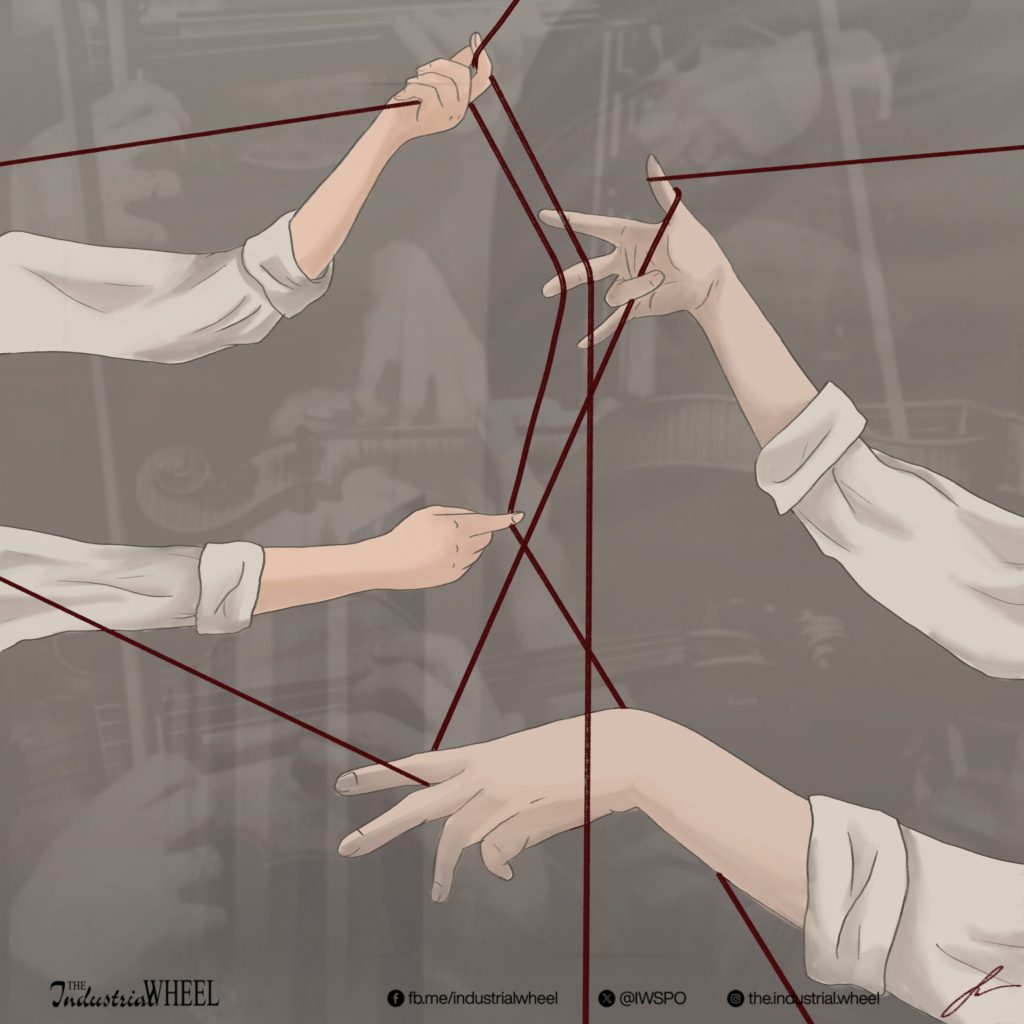
I once read a book about an asymptotic love story—two fates that have never collided. It is a constant, unyielding pursuit, drawing ever closer to the object of affection but never quite touching it. This is the painful beauty of unreciprocated love: it reaches, it strains, but it always falls just short. The closer you get, the more it feels as though you will never actually arrive, leaving your heart suspended in the perpetual “almost.”
The asymptote is not just a mathematical concept; it is a metaphor for the ache of loving someone from afar. In this kind of love, there exists an unshakable sense of possibility, yet the fulfillment of that possibility remains forever just beyond reach. The apple of your eye becomes a distant star—visible, bright, and alluring, yet always out of grasp. In every conversation, in every brief interaction, you feel the pull, and yet, no matter how hard you try, the gap remains. Love is the approach, but never the arrival.
Now, imagine that this love is not just a feeling, but a story being written. The lover is also the author, trapped within the narrative of her own creation. In this world, she has crafted a love story where her affection is returned, where her heart is met with the same devotion. The object of her affection becomes a character within this story—a character whose love, however real within the pages, can never exist outside the fiction. She lives between these two worlds: one where her love is reciprocated in the realm of her imagination, and another where it remains unacknowledged in reality. The author becomes lost in her own writing, unable to separate the lines of the page from the yearnings of her heart. The one she admires may smile or speak to her in real life, but she interprets those moments through the lens of her fiction, believing that if only the story could come true, if only the pages could bleed into reality, their love would finally be realized.
But the truth is more painful. The author’s love is confined to the narrative she has created. She may pour her emotions into these words, shaping every scene where their connection deepens, every chapter where the two characters embrace, but the person she desires remains unaware. The line between creator and creation begins to blur, and the author becomes consumed by the world she has written, unable to pull herself back into the real one.
Every glance feels heavy with meaning, every word spoken seems like a secret message, every smile shared feels like a sign that perhaps—just maybe—this time, the asymptote will meet its curve. The author, too, believes that each interaction is another small step closer, another sentence written toward the happy ending she so desperately longs for.
But no matter how many pages she writes, how many possibilities she imagines, the distance between them remains. The object of her affection never steps off the page, never enters her world, and her love remains confined within the limits of the story she has penned. This is the cruel reality of unrequited love: the more you feel, the further you seem to fall. The more you try to close the distance, the more it expands. The asymptote never flattens; it only stretches toward an unreachable horizon.
Unrequited love, like the asymptote, becomes a pursuit without end. There is no conclusion, no final act where the two hearts meet. There is only the constant chase, the ongoing journey toward something you know you will never touch. And yet, there is something beautifully tragic in this. The pursuit itself becomes a kind of love. The author, forever reaching, is driven not by the hope of meeting the person she loves, but by the joy of creation—the joy of imagining a world where their love is returned, even if it remains just a dream.
It never truly ends. It is unfinished, unresolved—a story that keeps unfolding without a final chapter. The author writes because the writing itself is enough. The feeling of love, of longing, of creating a world where love exists, becomes the reward. The asymptote of desire stretches on, not because there is hope of reaching it, but because the act of reaching is beautiful in itself.
Now, if I were asked, I would say that unrequited love is a symphony of paradox: it is both painful and beautiful, incomplete yet whole. The author may never hold the love she has written, but in writing it, she finds something purer—the act of loving without expectation, without return. In the space between fiction and reality, she becomes both creator and creation, forever reaching for a love that can never be, yet will always be hers in the pages she writes.
Unrequited love, like the asymptote, never meets its end. But maybe that is the point. In the pursuit itself lies the beauty—forever chasing, forever writing, forever reaching toward something that will never fully arrive.
Article by Denise Canete
